Veterans and military spouses are two groups that often face barriers to obtaining and keeping employments. Veterans often have difficulties marketing their skills for the civilian workforce as well as in translating their skills, training, education, and experience into a new field. On the other hand, military spouses have trouble with the frequent moves that are common with military families. With the increasing numbers of jobs that require an occupational licensure, it is important to lower any barriers to licensure that might further hinder these two groups from employment. Occupational licensing regulations that do not account for veterans’ skills and experiences can cause them to pay additional fees for education and training necessary for licensure that they might already have gained in the military. For military spouses, the frequent moves can make it more difficult for them to transfer their professional licenses across state lines, possibly needing to gain additional experience or pay extra fees to practice in a new state. Both instances can discourage these groups from entering the labor market, and states have been working to mitigate these effects.
Continue reading “Apprenticeships: Veterans and Military Spouses”Comparing Military Fee Waivers for Licensed Occupations
Comparing Military Fee Waivers for Licensed Occupations
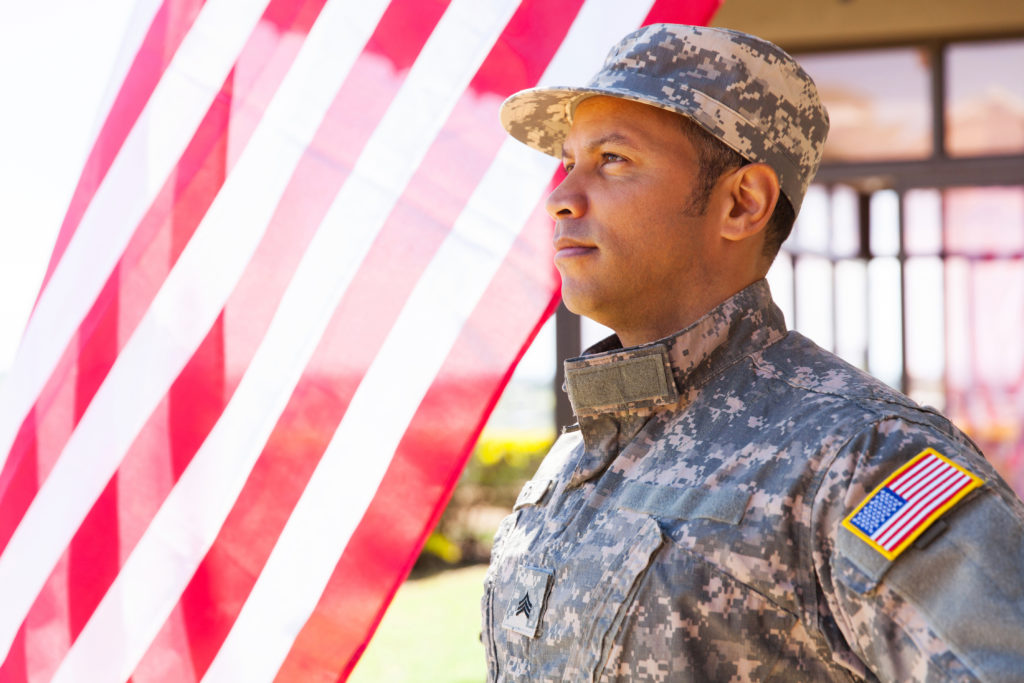
Military service members, their spouses, and veterans, are among those disproportionately impacted by occupational licensure policy. With frequent interstate relocations and a propensity for employment in licensed occupations, this population is particularly affected by licensure fees, which must be paid to keep a license active or upon each relocation to a new state.
Continue reading “Comparing Military Fee Waivers for Licensed Occupations”CSG Launches New Occupational Licensing Website
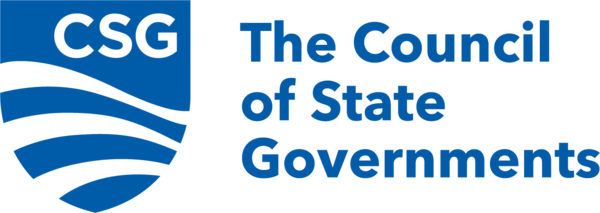
With the number of jobs requiring an occupational license at an all-time high, The Council of State Governments (CSG), the National Conference of State Legislatures (NCSL), and the National Governors Association (NGA) have come together to assist states in improving their understanding of occupational licensure issues and enhancing licensure portability.
Continue reading “CSG Launches New Occupational Licensing Website”New Kentucky Law Streamlines Occupational Licensing for Military-Affiliated Professionals
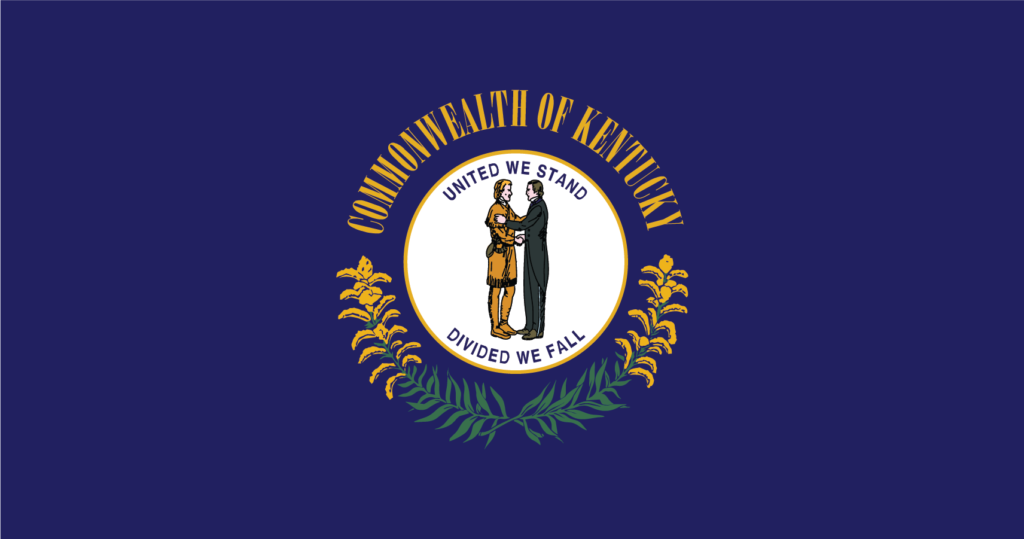
On March 26, Kentucky Gov. Matt Bevin signed HB 323, which will improve occupational licensure portability for veterans, military spouses, and National Guard and Reserve members.1 The bill will require administrative bodies that issue occupational licenses and other regulatory authorizations to endorse and license any applicant that is a member of the National Guard or Reserves, a veteran, or the spouse of a veteran or military member, provided he or she possesses or recently possessed an equivalent license in another state.
Continue reading “New Kentucky Law Streamlines Occupational Licensing for Military-Affiliated Professionals”Florida Gov. Ron DeSantis Holds Occupational Licensure “Deregathon” in Orlando
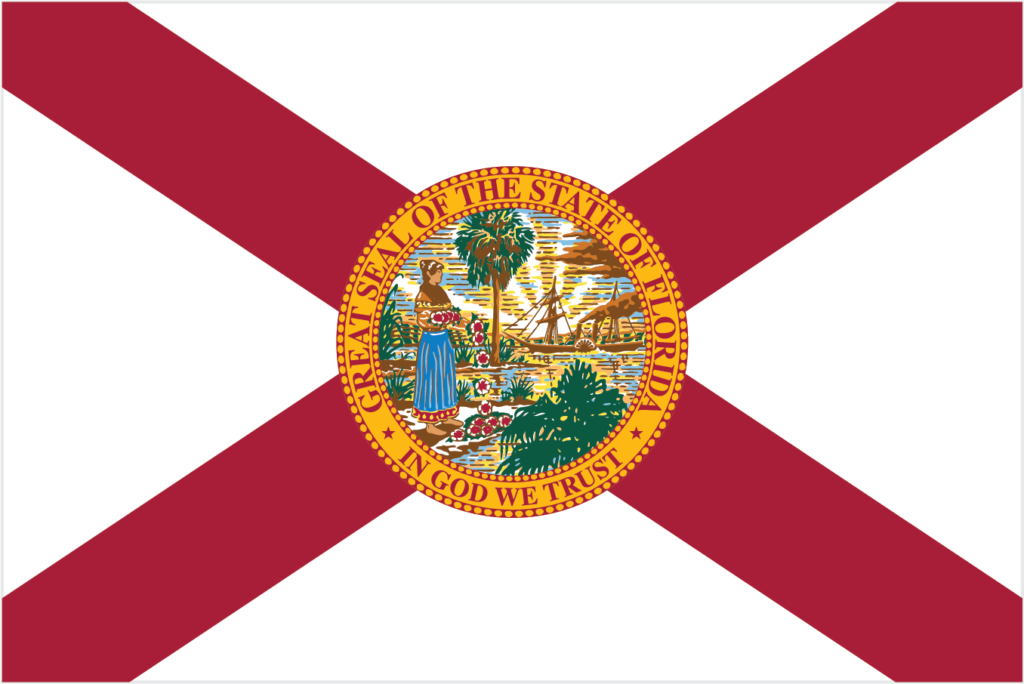
Seeking to survey Florida’s occupational licensing regulations for unreasonably onerous provisions, Florida Gov. Ron DeSantis recently held a one-day “Florida Deregathon” workshop at Valencia College in Orlando.
Continue reading “Florida Gov. Ron DeSantis Holds Occupational Licensure “Deregathon” in Orlando”Occupational Licensing Consortium Convenes Second National Meeting

On November 28-30, the states a part of the occupational licensing policy learning consortium convened for the second annual meeting in Clearwater, Florida. The state teams had the opportunity to focus on four population groups who are disproportionately affected by licensure—individuals with criminal records, veterans and military spouses, dislocated workers and immigrants with work authorization. License portability, reciprocity, and interstate compacts were also major topics. States had the opportunity to connect with and learn from fellow consortium states, as well as hear from states outside of the consortium that have taken action on occupational licensure including Nebraska and Michigan.
Continue reading “Occupational Licensing Consortium Convenes Second National Meeting”States Explore Occupational Licensure Reform

The consortium of states participating in the U.S. Department of Labor’s Occupational Licensing: Assessing State Policy and Practice project recently began their second round of project meetings to discuss occupational license reform. The 11 states–Arkansas, Colorado, Connecticut, Delaware, Illinois, Indiana, Kentucky, Maryland, Nevada, Utah and Wisconsin–are individually meeting to further review their licensure process, engage with policy experts and develop action plans. The state team meetings will culminate this year in the project’s second multistate learning consortium summit to be held Nov. 28-30 in Clearwater, Florida.
Continue reading “States Explore Occupational Licensure Reform”Veterans’ Employment Service Unveils Resource for Military Spouses
By Jay Phillips

On June 28, 2018, the U.S. Department of Labor’s Veterans’ Employment and Training Services, or VETS, announced a professional license and credential finder portal for military spouses. The webpage comes after President Trump’s Executive Order Enhancing Noncompetitive Civil Service Appointments of Military Spouses. The webpage provides a comprehensive one-stop destination for occupational licensing portability, pulls resources from across the federal government, and highlights states with licensing rights for military spouses.
Continue reading “Veterans’ Employment Service Unveils Resource for Military Spouses”New Occupational Licensing Analysis Opposes Traditional Theory

A commonly cited argument for occupational licensing reform states that licensing results in restricted employment growth and higher wages for licensed workers, which in turn increases consumer costs. Higher wages benefit licensed workers, but wage disparity leads to inefficiency and unfairness, including reducing employment opportunities and depressing wages for excluded workers.
Continue reading “New Occupational Licensing Analysis Opposes Traditional Theory”Utah Legislation to Reduce Occupational Licensing Barriers
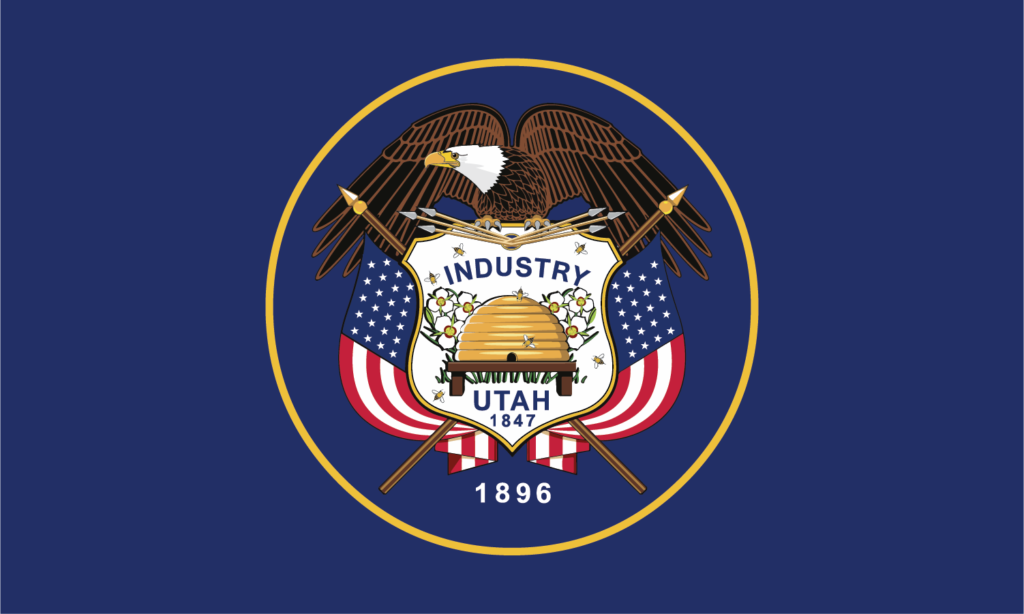
By Ray Williams
Utah’s Department of Commerce issued a 2018 legislative brief that includes a comprehensive and proactive approach to reducing occupational licensing constraints and barriers. Utah is part of CSG’s occupational licensing project, which includes an 11-state consortium that includes Arkansas, Colorado, Connecticut, Delaware, Illinois, Indiana, Kentucky, Maryland, Nevada, Utah and Wisconsin.
Continue reading “Utah Legislation to Reduce Occupational Licensing Barriers”
